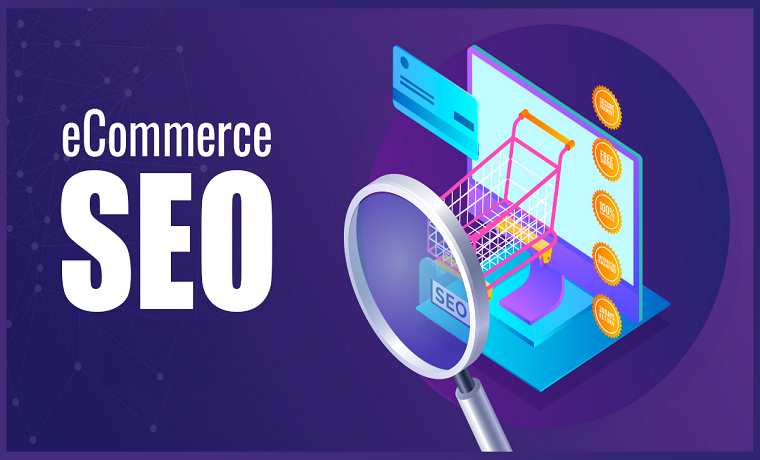Have you been trying to figure out how to do SEO for eCommerce websites?
Selling things over the web is a lucrative business. Data shown from Statista.com stated that in 2014 alone, retail e-commerce sales have amounted to 289.26 billion US dollars and are seen to grow by as high as 481.94 billion US dollars in 2018.
Thanks to various technological advancements, online shopping is on the hype.
However, with today’s business landscape, it’s no longer enough to merely put your entire list of products in your website and assume that a volume of traffic will unceasingly roll in.
You need to prepare your site, like adding your domain to your shopify store, so it gets a good ranking in Google and so you get found by your customers. Here is how to connect your domain to your Shopify store and below is how to do SEO for eCommerce websites.
Your URL Must Get Cleaned Up
This is fairly basic SEO. However, it’s still worth mentioning as the URL of a page is a crucial part of your entire site’s optimization.
It’s good to make your page URLs as short as possible to encourage further ‘shareability’. This is also important so that more value is put on each individual word by the search engine crawlers.
Learn to avoid unnecessary words like ‘and, the, with, for’ and so on. See the following examples.
Good URL: www.sample.com/business-marketing-hacks/
Bad URL: www.sample.com/business/and-marketing-hacks/654321
Get A Little More Descriptive

You probably have heard a lot about the importance of product descriptions, specifically, the Meta titles and Meta descriptions. If you aren’t sure of their importance, then here’s what you need to know.
Product Descriptions
Like the rest of your website, the words you choose may have a significant role on your products ranking in search engines.
A number of sellers have overlooked the importance of interesting product descriptions for the benefit of both traffic and profit. Instead, they tend to prefer to go with standardized product information.
Know that those excellent product descriptions do not only inform and allure your consumers but they also get a huge thumbs up from Google.
Meta Descriptions
They aren’t really as complex as how they sound. Though they don’t play a crucial role in SEO, they play a huge role in encouraging your consumer to click on through your website.
Try keeping your Meta descriptions short and snappy. Google will cut anything over 160 characters.
This is how your Meta description should look like in the search engine results:

How your Meta Description Should Look
Meta Titles
Meta titles are certainly one of the most crucial factors for SEO and social sharing. These titles practically tell the search engines what kind of content a particular web page has.
They appear up across the top of a web browser and must have around 50-60 characters. This is how they appear in the search engine results:

How Meta Titles Should Look
Images Matter

High-quality images have a huge impact when it comes to the amount of products you sell. Human nature dictates that we are all in love with visuals.
Showcasing your products with a glazing variation of illustrations dishes out a vivid optical palette of product options for your customers. This will help them to be well-informed while being enticed to make the purchase.

Customer Reviews Are Important
Aside from intensifying customer trust, user-generated reviews also have huge SEO benefits.
In order for you to encourage regular reviews, there is cloud-based software that can be used to email customers requesting a review a few weeks after purchasing.
You can also take advantage of Google Forms by creating your own survey forms for free. This way, you can ensure that your site receives as many as possible.
How to do SEO for Ecommerce Website: Site Speed
Site speed is indeed an influential ranking factor for SEO.
Sure, you would want your products to get presented with content and high-quality images; however, the drawback here is that this can make your site’s speed slow down.
In this case, you need to optimize your content and have the necessary fixes done. Just make sure to have things cleared with your web developer.
About the Author:
Jody Edgar Jody Edgar – THE SHOPIFY EXPERT Entrepreneur, Educator & Creator Born on the Pacific West Coast of Canada, Shopify Systems Sunbowl is a network of individuals who believe that building an e-commerce business should be energizing, challenging, and fun. Shopify Systems Sunbowl takes on projects the same way they live their lives, with purposeful balance. Shopify Systems Sunbowl is composed of a team that gets it done and gets it done right.

